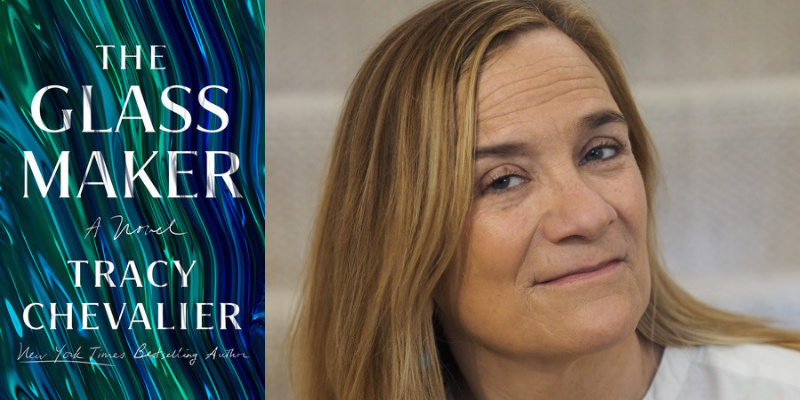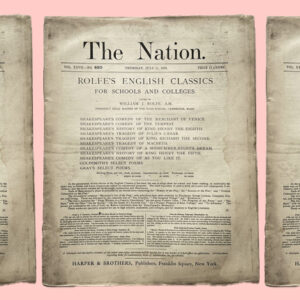Tracy Chevalier on Finding the Flow State
In Conversation with Mitzi Rapkin on the First Draft Podcast
First Draft: A Dialogue of Writing is a weekly show featuring in-depth interviews with fiction, nonfiction, essay writers, and poets, highlighting the voices of writers as they discuss their work, their craft, and the literary arts. Hosted by Mitzi Rapkin, First Draft celebrates creative writing and the individuals who are dedicated to bringing their carefully chosen words to print as well as the impact writers have on the world we live in.
In this episode, Mitzi talks to Tracy Chevalier about her new novel, The Glassmaker.
Subscribe and download the episode, wherever you get your podcasts!
From the episode:
Mitzi Rapkin: In the beginning of The Glassmaker, you offer a short chapter called A Brief Explanation of Time alla Veneziana. It’s a more distant, more academic aspect of the novel that you start with. You write, “The City of Water runs by its own clock. Venice and its neighboring islands have always felt frozen in time – and perhaps they are.” So, you’re introducing, in a way, the rules of the book, but you also write in there about how art can be a type of timelessness, and maybe a flow state can exist in that. And I’m wondering for you what your writing process is like, and have you felt that flow state?
Tracy Chevalier: I think I’m looking for that flow state every time I write, and sometimes I hit it and sometimes I don’t. And I think one of the keys to being a writer is that you continue writing even if you don’t feel the flow. A lot of would-be writers ask me advice about, how do I write? And one of the things I say is, it’s a discipline like anything else, it’s a job, and you can’t always just write when you’re feeling inspired, you’d never finish it. So, I treat it as a job, and I try to sit down and not at the same time every day, but I when I’m in the writing state, when I’m not in the research state or the whatever the publicity state, I’m trying to write consistently. And there’s, there’s two kinds of flow for me. There’s a flow specific on the day. So, I’m writing a sentence, and then I’m writing another sentence, and, oh yeah, this one flows out of this and then this paragraph flows on. And I try to write in a very knitted together way, so it’s quite hard to unpick it. So redrafting is actually really hard, but not impossible. And when I’m doing that, I get into a flow where I’m focused. I’m not thinking about anything else. I’m not interrupting myself with looking on the Internet or making a cup of tea or whatever. I’m just going, what’s the best word for this? Okay, they’re doing this. So, what’s the next thing that should happen? What’s the next thing I should say? How do I describe this in a way that the reader will understand? So, there’s just a constant flow of questions, and that is part of being in the very specific flow. But there’s also a more general flow, which is day after day after day after month after month, and sometimes year after year flow, which is the big picture is one paragraph blooming out of another out of another? Does this chapter make sense? Does what happen to this character make sense? Is the journey that they’re going on, cliché? Is it flowing? Is the reader going to be able to follow this along and understand the arc of their story, the journey that they’re on? Can I make that as smooth as possible, and am I in it? And I would say that most of the books I write, I guess all of them have their flaws, but I try to smooth the journey so that you feel like you’re drawn along. And that is a matter of getting the flow right. That’s on a grander scale.
***
Tracy Chevalier is the author of 11 novels and the editor of one short story anthology. Her books include Girl with a Pearl Earring, Falling Angels, Remarkable Creatures, At the Edge of the Orchard, and A Single Thread. She has an MA in Creative Writing from the University of East Anglia and lives in London. Her new novel is The Glass Maker.




















